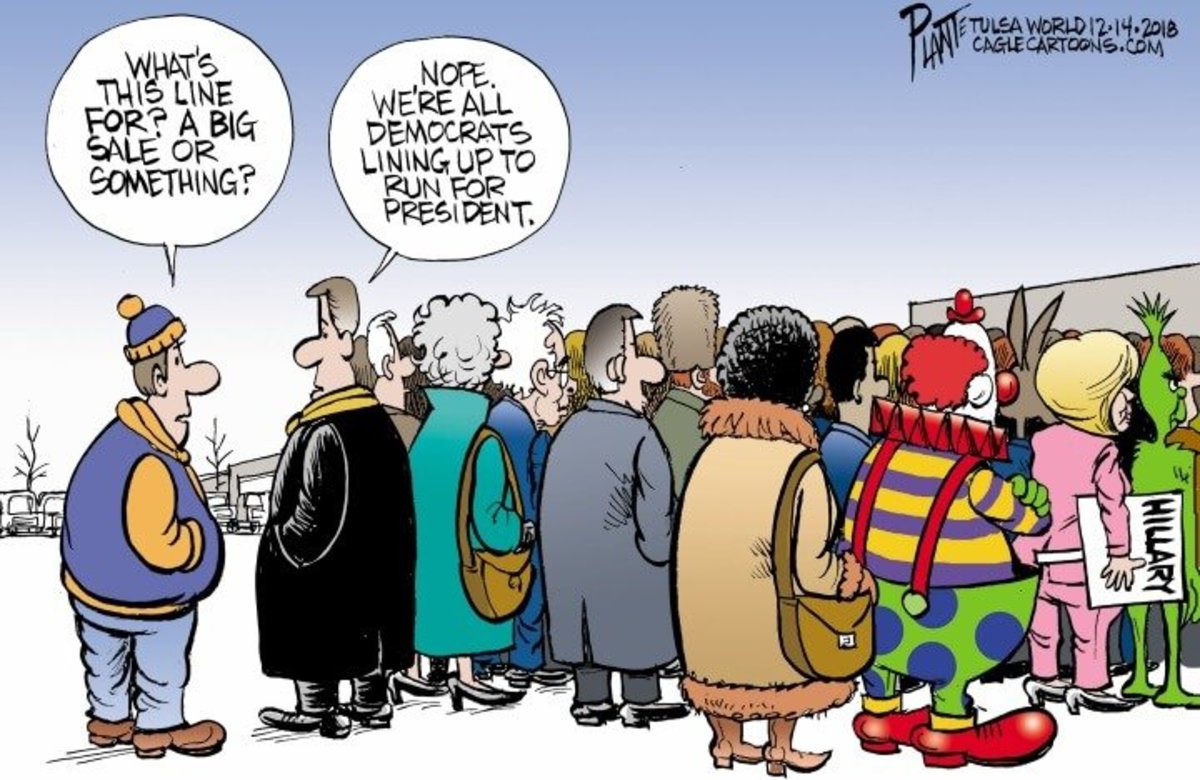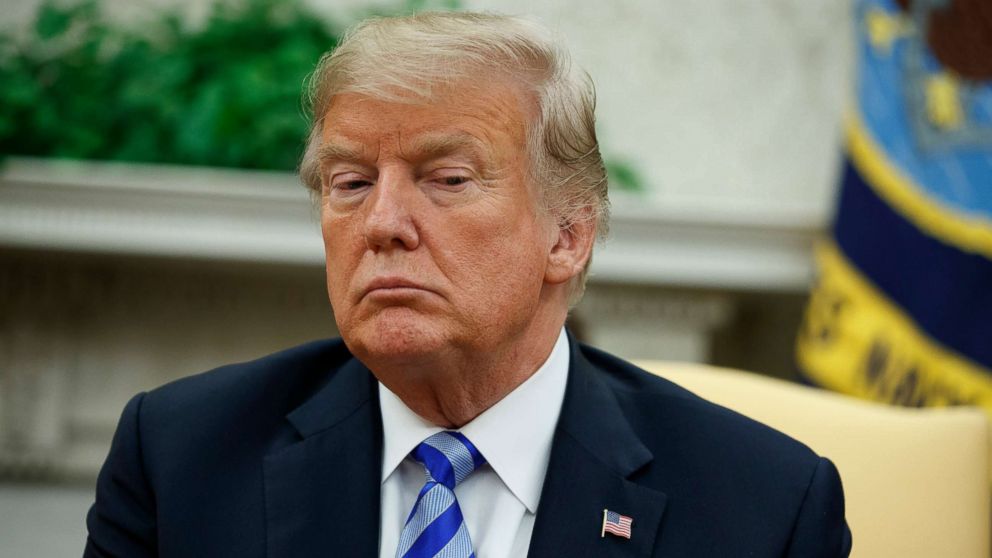Putin’s Victories, Trump’s Defeat
(Spain) on 27 December 2018
by Lluís Bassets (link to original)
This is the third victory of the game. Let’s call it a game to avoid talking about war in the age of hybrid and postmodern disputes, which are played out both in the media and on the battlefield. The first was the victory over Ukraine through the annexation of Crimea in March 2014, which contravened international law and the treaties between Kiev and Moscow. The second was the defeat of Hillary Clinton in November 2016 and the establishment of Donald Trump, who is actually a veritable Russian agent and fulfiller of Vladimir Putin’s desires, in the White House. And the third is simply a consequence of the previous one: without informing his allies or heeding the judgment of his advisers, Trump has inopportunely ordered the withdrawal of U.S. troops from Syria, handing control of the region to Russia and its allies, Turkey and Iran.
The immediate consequence of this was the resignation of Secretary of Defense Jim Mattis, the last firewall against the president’s outlandish decisions. His departure from the White House foreshadows new opportunities for Putin, but the important point is that Trump has brought to a head a perpetual string of strategic errors with respect to the Near East, which began nearly two decades ago. The first of these were the George W. Bush administration’s interventions in Afghanistan in 2001 − some 17 years on, this constitutes the longest war − and in Iraq in 2003, which, to make matters worse, breached international law. This was followed by Barack Obama’s decision in 2011 to withdraw from Iraq, to which many observers attribute the vacuum that provided a breeding ground for the terrorist caliphate Islamic State. Obama is also responsible for passing the baton of authority to Putin when Bashar Assad used chemical weapons in 2013 and the threat of reprisals by the White House did not materialize.
The decisions made by Trump, the president that only wanted victories, are the final nail in the coffin, but the roots of the current geopolitical defeat lie in previous administrations. Russia already has the power of arbitration in the region. Assad has won his war. The Kurds, the strike force responsible for defeating the Islamic State, are the losers: if no one comes to their rescue, they will be annihilated by the Turkish president, Recep Tayyip Erdogan. They have been in this situation for 100 years, since Woodrow Wilson attempted to grant them the right to self-determination, which they were unable to exercise. This time, as on previous occasions, their salvation does not lie in Washington, and much less in Berlin, Paris or Brussels. The European Union does not count, nor does NATO. The lifeline is in Damascus and Moscow. It is a glorious moment for Iran, which has also made a two-pass play: the Iranians were granted the first favor by Bush when he handed them Iraq and the second by Trump, who has offered them a passage to the Mediterranean. Israel and Saudi Arabia, Trump’s closest friends, have reason to be concerned.
Winning three postmodern wars is equivalent to losing the Cold War, which Putin regards as the greatest geopolitical disaster of the 20th century. Russian rule prevails in the Near East.


